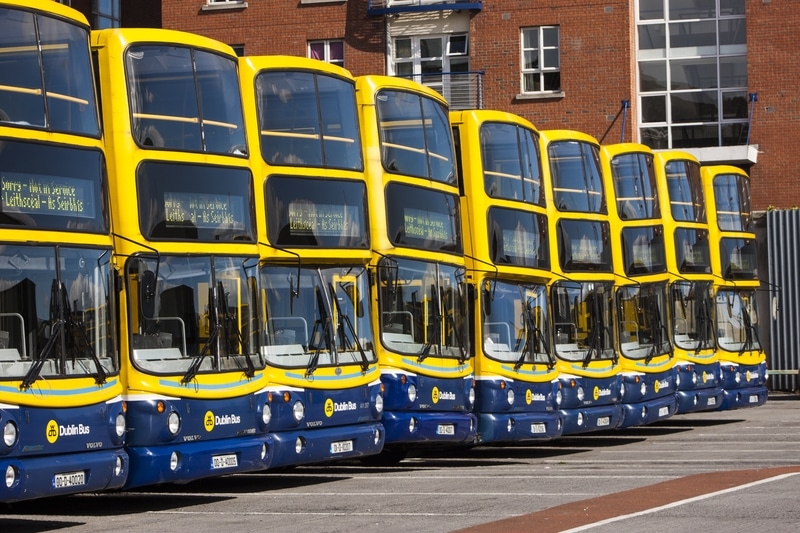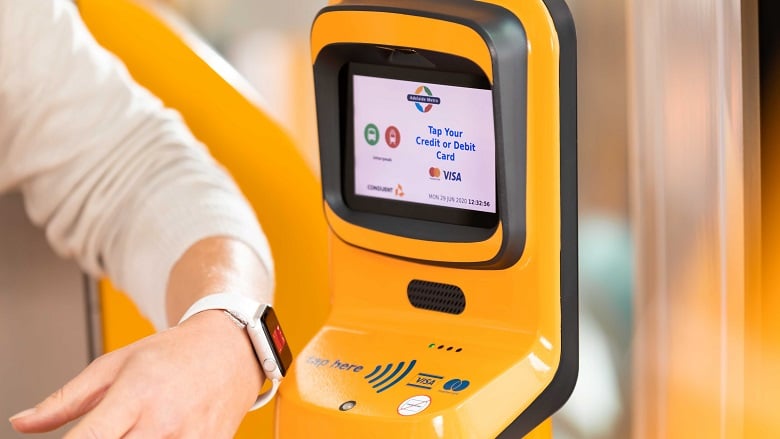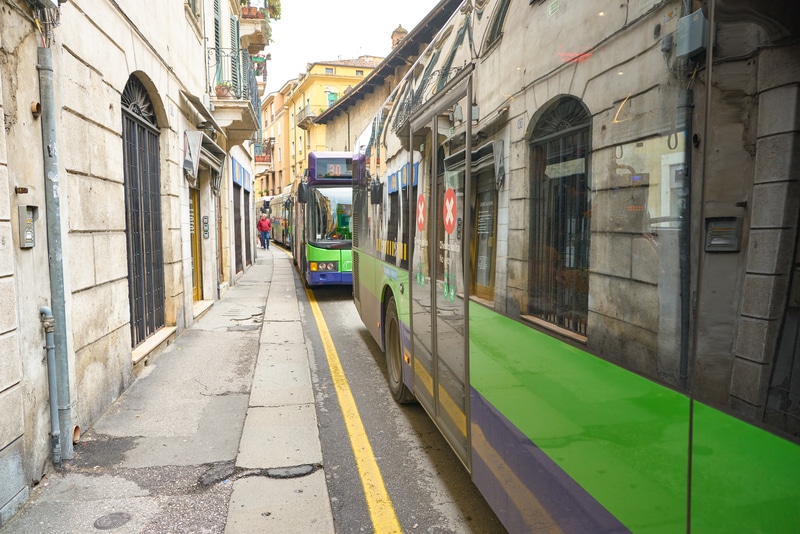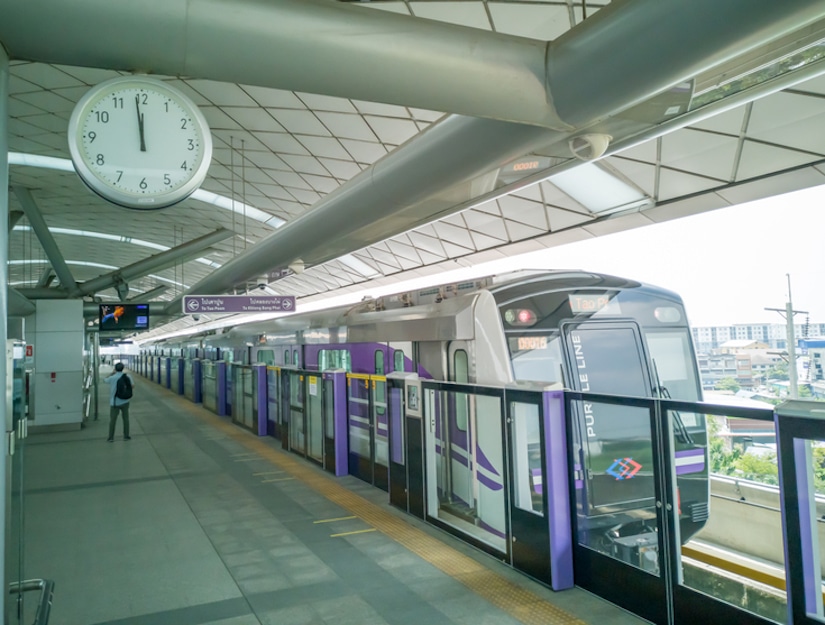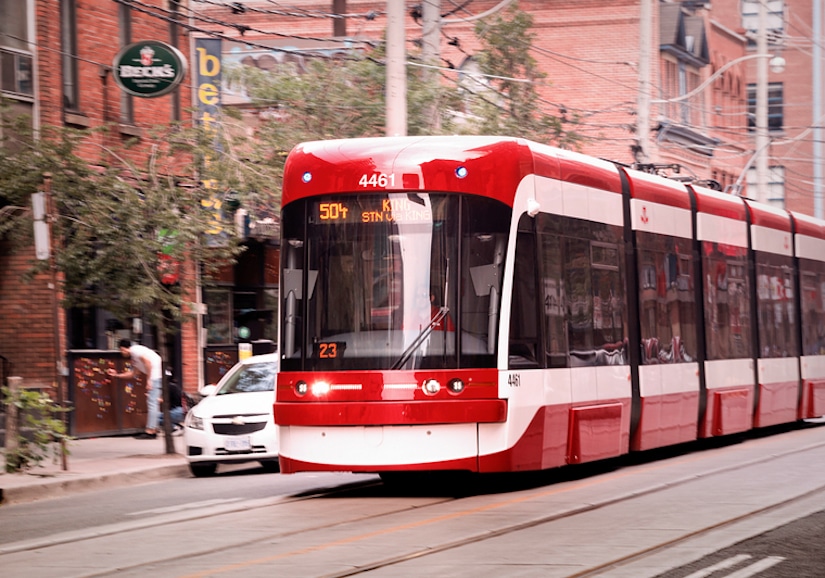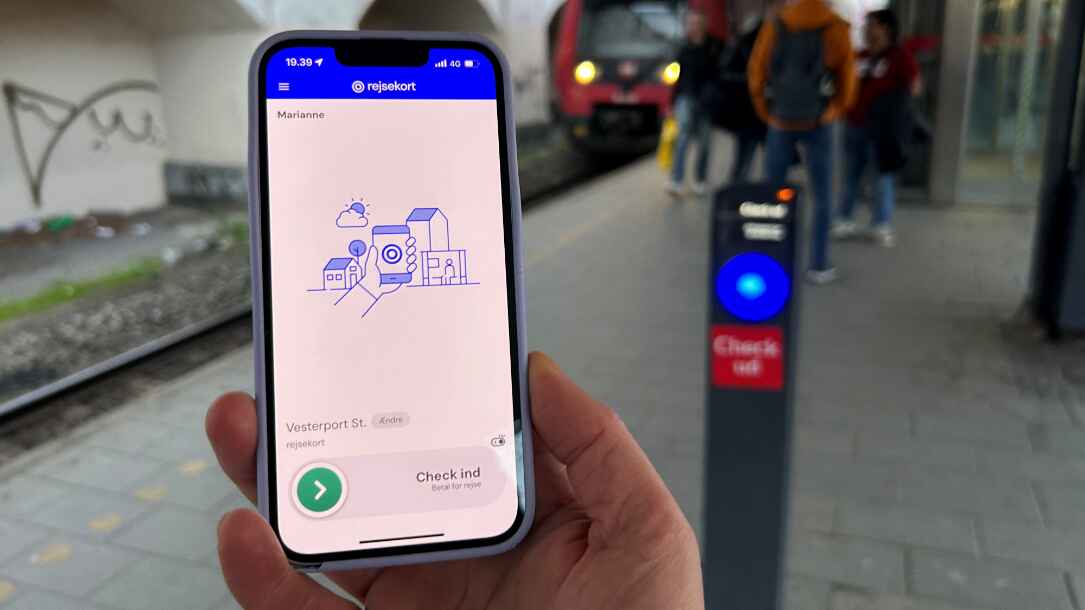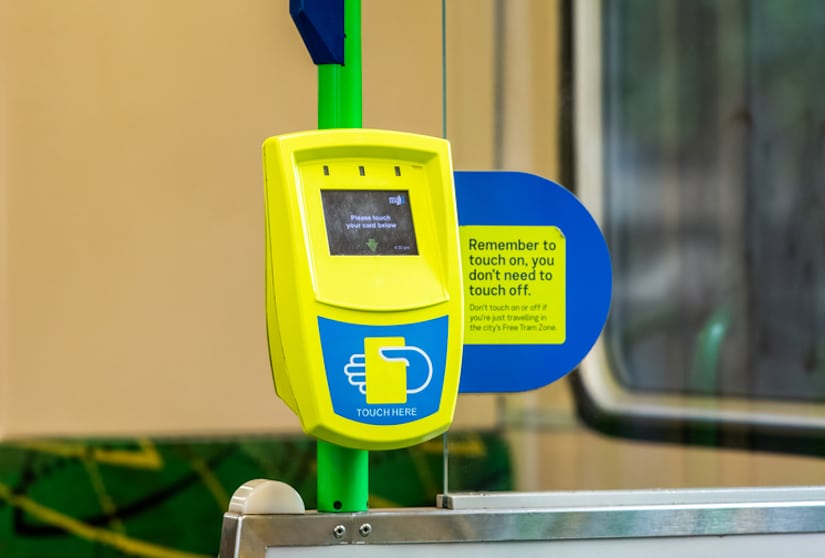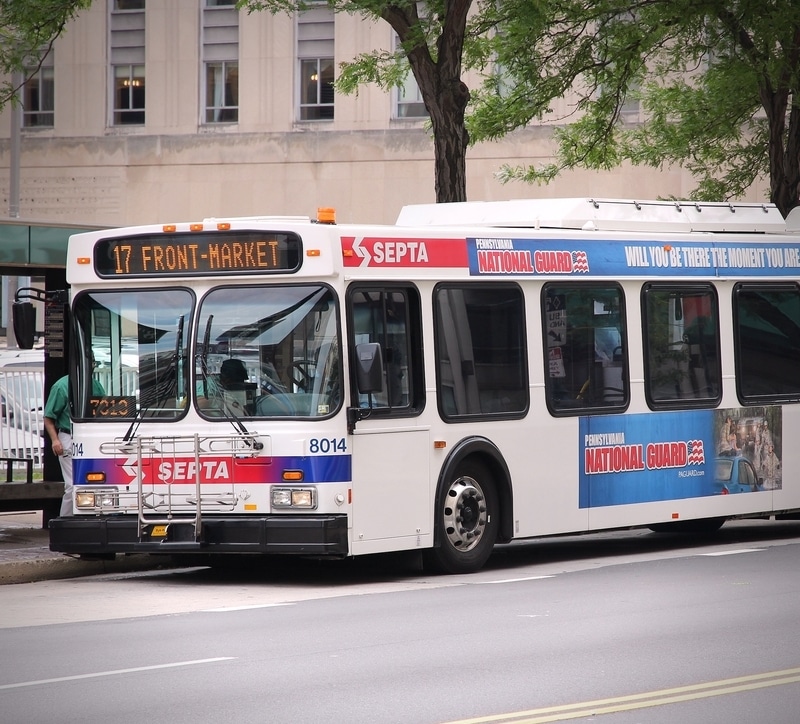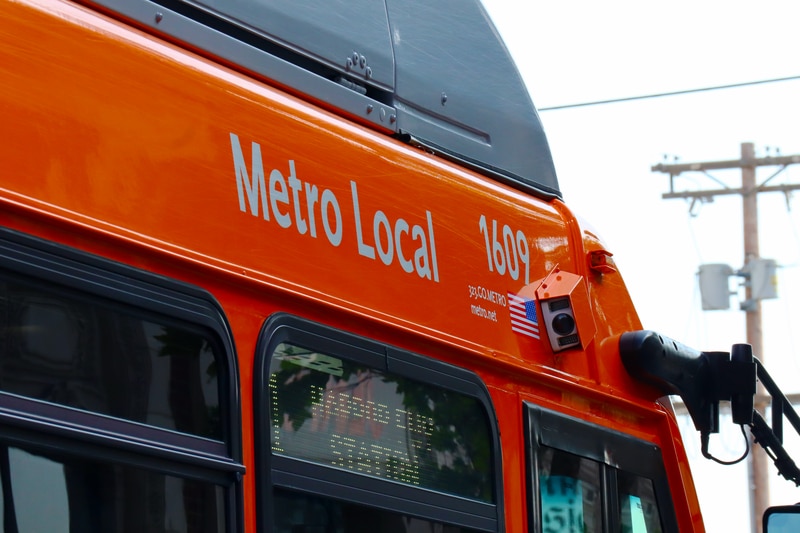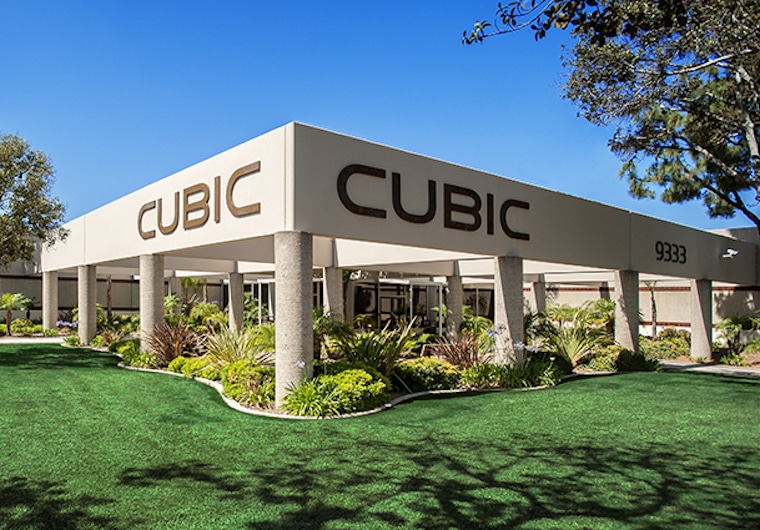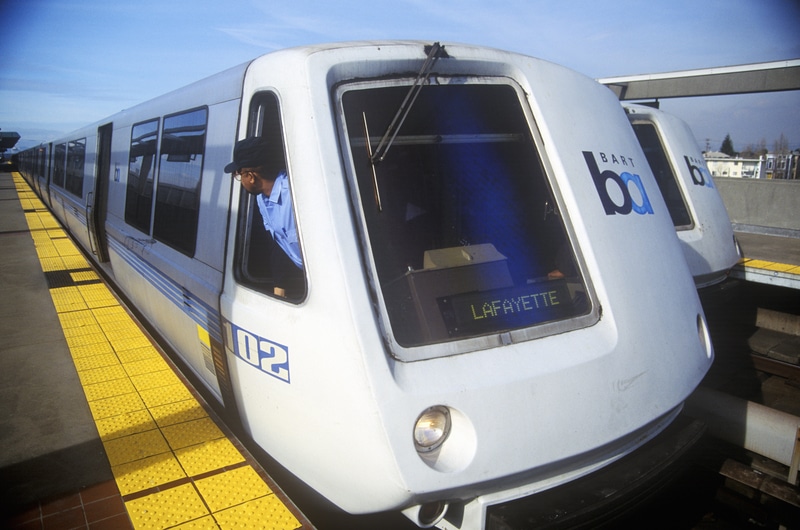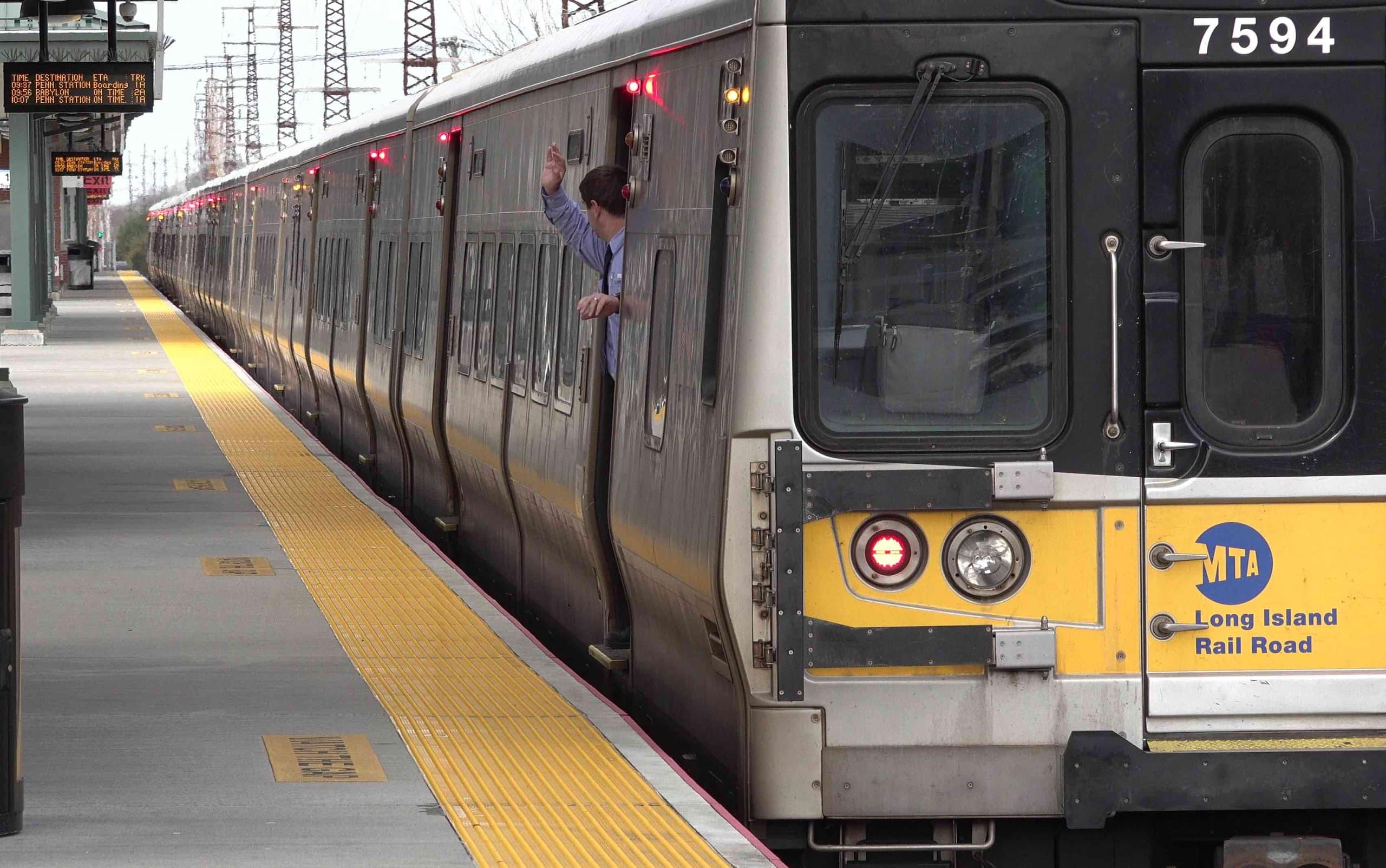
Article Highlights
Key Takeaway:
Mark Brewer, president of Conduent Transportation, discusses the company’s plan to spin off or sell his business segment before reversing course, among other topics in an exclusive interview with Mobility Payments.
Key Data:
Table: Conduent Transportation Segment Revenue
Organizations Mentioned:
• Conduent
• Cubic
• Masabi
• HSL (Helsinki)
• AVM (Venice)
• Cal-ITP
In April, U.S.-based Conduent created considerable buzz in the fare-collection industry when it announced it would spin off or sell its transportation business.







